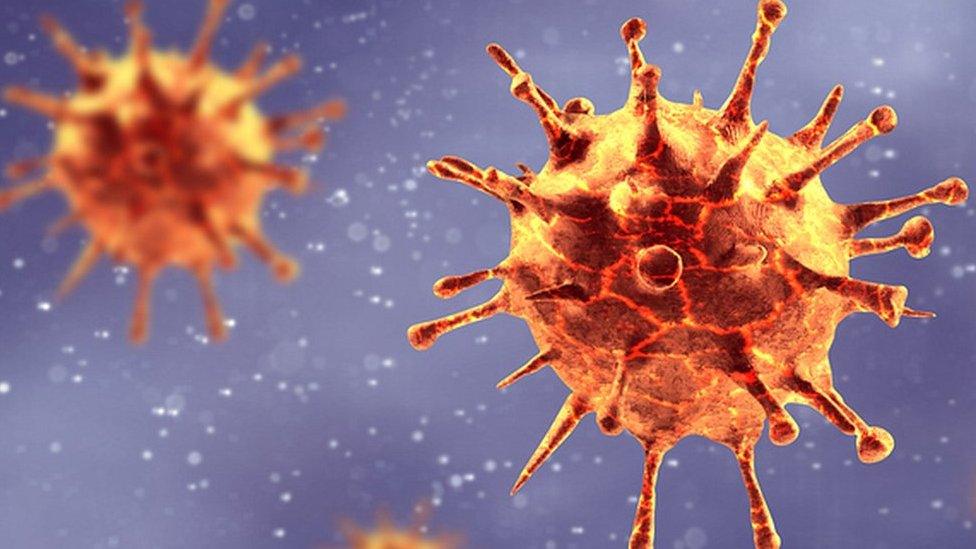Covid: More Birmingham surge testing following further variant case
- Published
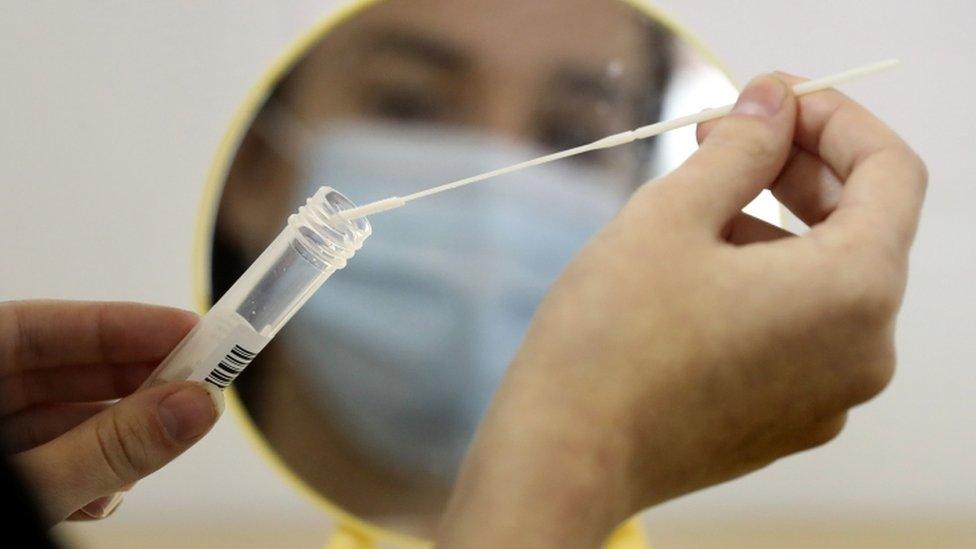
Households in the Highgate and Bordesley ward are to be targeted
More surge testing is to start in another area of Birmingham, after a confirmed case of the South Africa Covid-19 variant was discovered.
Households in the Highgate and Bordesley ward, including Digbeth, are to be targeted, the council said.
It followed recent surge testing in the Birmingham and Sandwell areas, but initial investigations indicated this case was "not linked to those cases".
The latest individual with the variant has self-isolated.
Surge testing had already been announced for households in the city's Alum Rock area, as well as Glebe Farm and Tile Cross, after a confirmed case of the variant.
That had followed the introduction of surge testing in a different part of the city, after a single case of the same variant was uncovered there.
The Department of Health and Social Care (DHSC) said everybody aged 16 and over who is contacted from the new areas would be "strongly encouraged" to take a Covid-19 PCR (polymerase chain reaction) test, whether or not they are symptomatic.
Following the latest confirmed case, Dr Susan Hopkins, NHS Test and Trace chief medical adviser, said: "As part of our proactive sequencing work, we have identified cases of a Covid-19 variant in a number of areas across England.
"A small proportion of these cases have no link to international travel suggesting that there are some cases in the community."
She added Public England and NHS Test and Trace are "monitoring the situation closely" and putting appropriate measures in place.
Residents are advised to continue using twice-weekly rapid testing alongside the PCR test as part of surge testing.
Last week, surge testing was introduced in the city's Ladywood, Jewellery Quarter and Soho ward, after a single positive case of the same variant.
In a statement, the DHSC said the individual in the latest confirmed case had "self-isolated and their contacts have been identified".
Birmingham's director of public health, Dr Justin Varney, said: "No connection has been identified between the cases in the different part of the city and no evidence yet of spread in the local community, but this is why the testing is so important."

Follow BBC West Midlands on Facebook, external, Twitter, external and Instagram, external. Send your story ideas to: newsonline.westmidlands@bbc.co.uk , external
Related topics
- Published22 April 2021
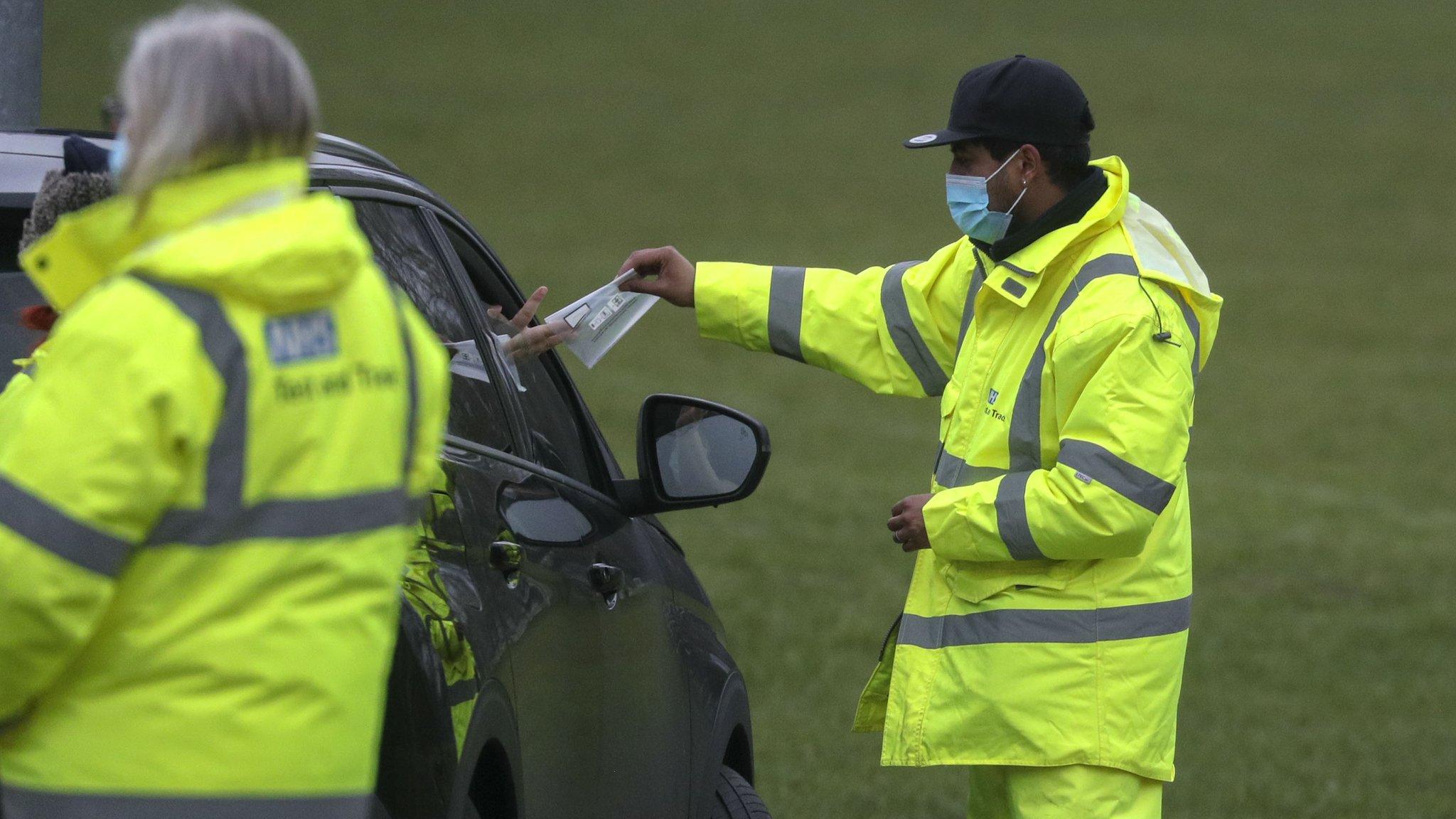
- Published16 April 2021
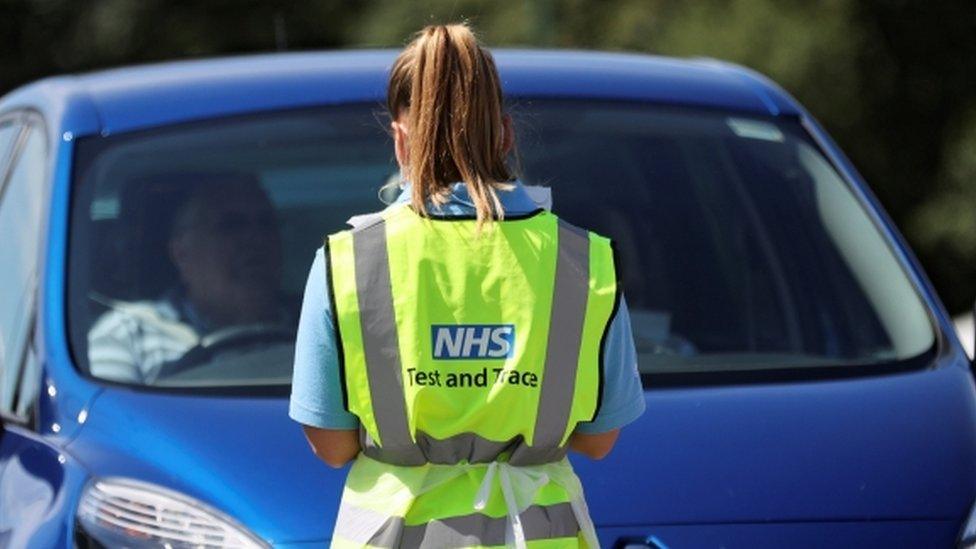
- Published14 April 2021
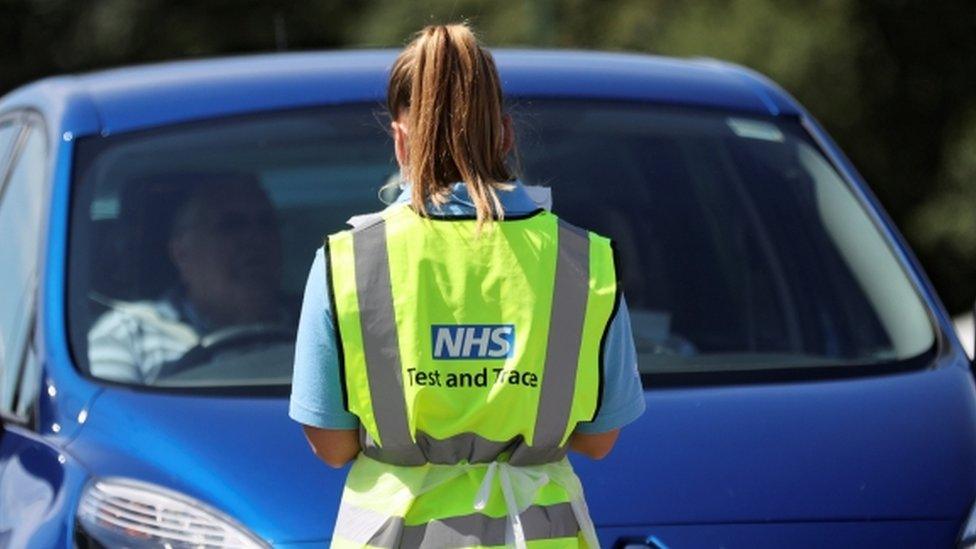
- Published29 July 2021
